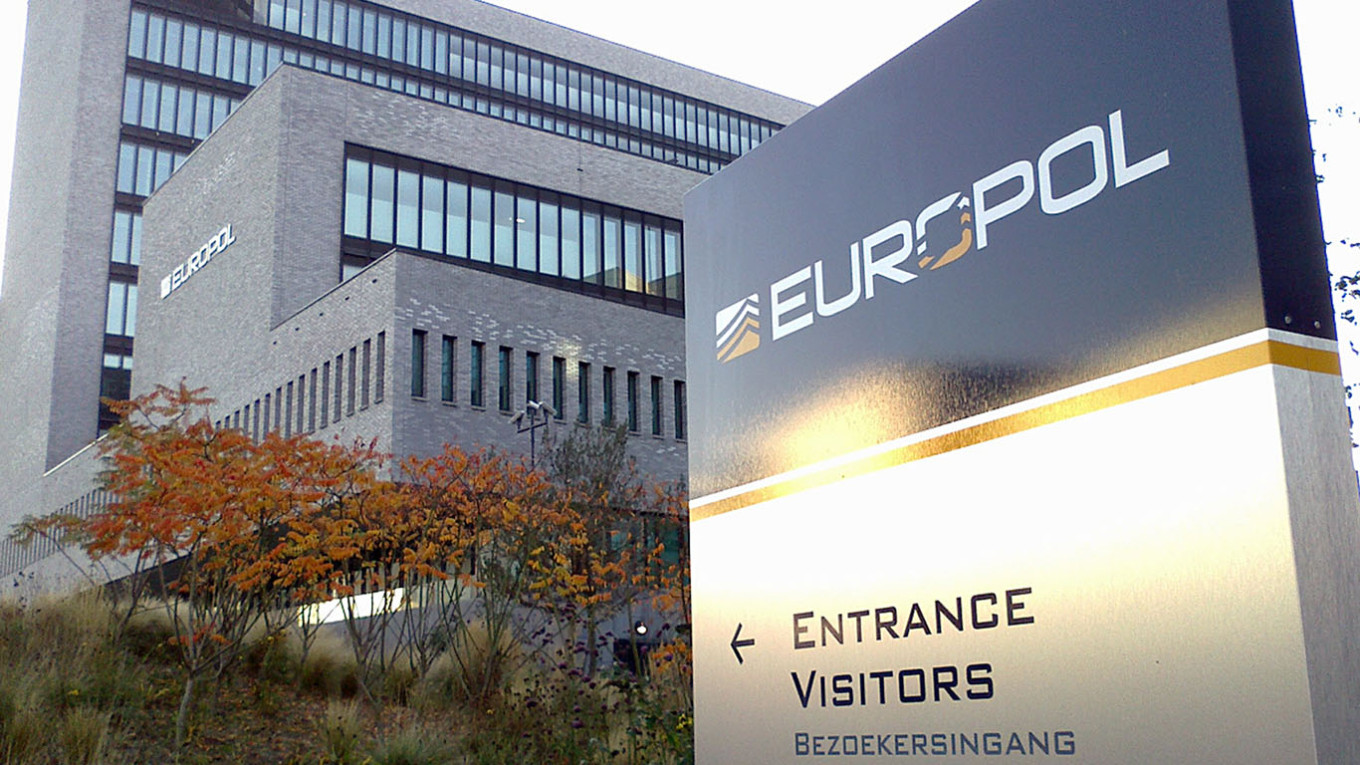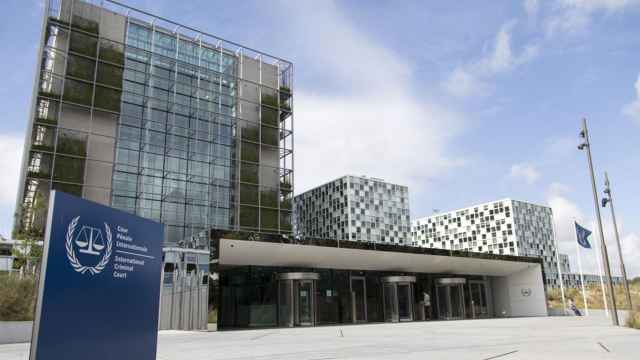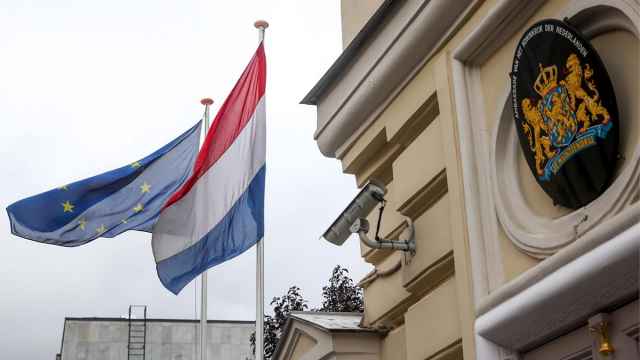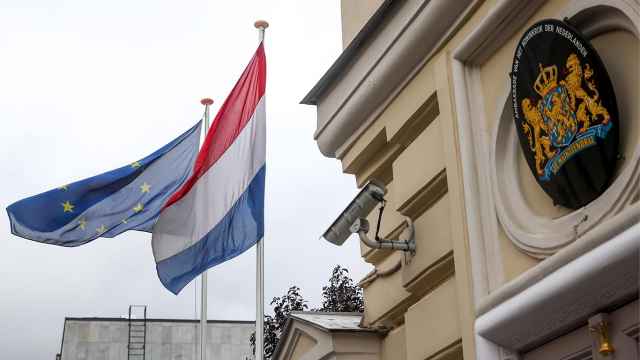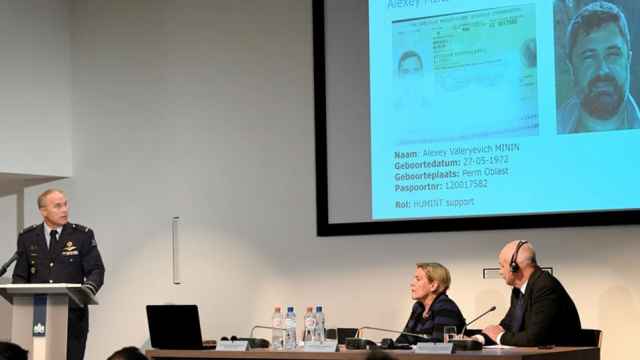Two 17-year-old boys were arrested in the Netherlands this week on suspicion of espionage for a foreign power, Dutch authorities said Friday, in a case media linked to pro-Russian hackers.
A judge ordered one teen to be placed in pre-trial detention and the other under house arrest, Dutch Public Prosecution Service spokeswoman Brechtje van de Moosdijk told AFP.
"They were arrested on suspicions that are linked to government-sponsored interference," Reuters quoted van de Moosdijk as saying.
The Dutch Public Prosecution Service declined to disclose further details given the boys’ age.
Dutch media cited reports that the boys were contacted via Telegram by unidentified pro-Russian hacker networks.
The NL Times said the arrests followed a tip from the Dutch domestic intelligence service AIVD on Monday.
Experts told the outlet that the teens could face up to eight years in prison after the Dutch parliament strengthened laws criminalizing digital and foreign interference earlier this year.
According to the news outlets De Telegraaf and DutchNews, the father of one suspect said his son is accused of carrying a “Wi-Fi sniffer” device past sensitive buildings in The Hague.
He was reportedly accused of carrying a so-called “Wi-Fi sniffer” device past the offices of Europol, Eurojust and the Canadian Embassy in The Hague allegedly intercepting wireless data.
Eurojust, an agency for criminal justice cooperation, hosts the joint investigation team that probes alleged Russian war crimes in the invasion of Ukraine.
Van de Moosdijk, from the public prosecution service, told AFP there would be a new hearing behind closed doors in two weeks.
Relations between Russia and the Netherlands have long been strained, especially since the downing of Malaysia Airlines Flight MH17 over eastern Ukraine in 2014, which killed all 298 people on board, 193 of whom were Dutch.
Dutch courts and the international tribunal have held Russia or Russian-linked actors accountable for the plane's downing.
The 2025 espionage arrests come amid broader security concerns over Russia’s operations in Europe, as NATO and EU nations deepen scrutiny of Russian hacking, surveillance and influence networks.
AFP contributed reporting.
A Message from The Moscow Times:
Dear readers,
We are facing unprecedented challenges. Russia's Prosecutor General's Office has designated The Moscow Times as an "undesirable" organization, criminalizing our work and putting our staff at risk of prosecution. This follows our earlier unjust labeling as a "foreign agent."
These actions are direct attempts to silence independent journalism in Russia. The authorities claim our work "discredits the decisions of the Russian leadership." We see things differently: we strive to provide accurate, unbiased reporting on Russia.
We, the journalists of The Moscow Times, refuse to be silenced. But to continue our work, we need your help.
Your support, no matter how small, makes a world of difference. If you can, please support us monthly starting from just $2. It's quick to set up, and every contribution makes a significant impact.
By supporting The Moscow Times, you're defending open, independent journalism in the face of repression. Thank you for standing with us.
Remind me later.


